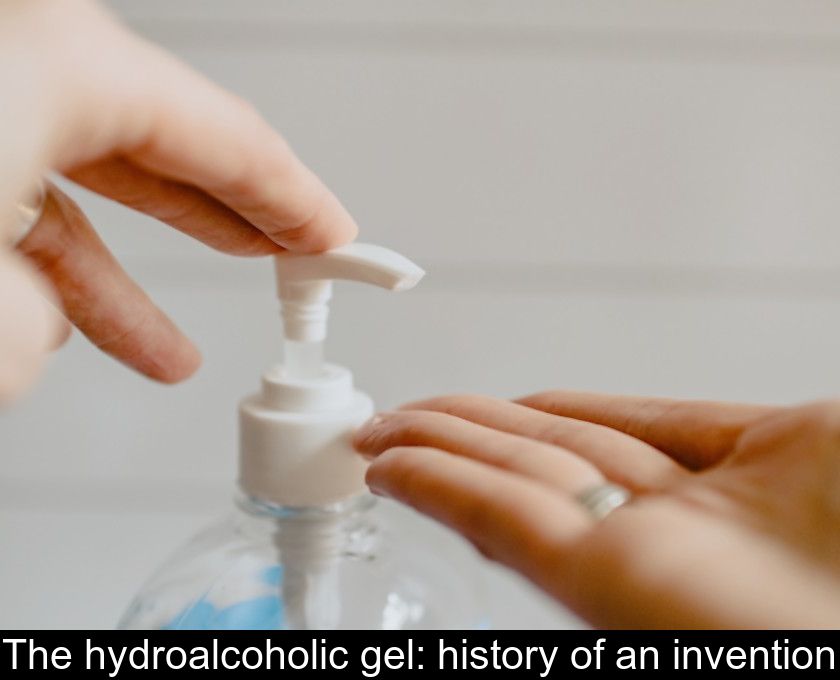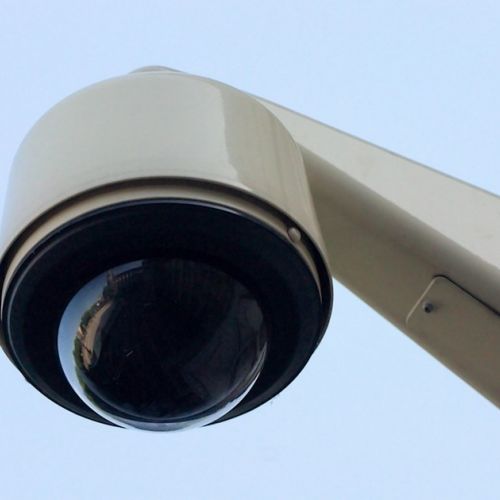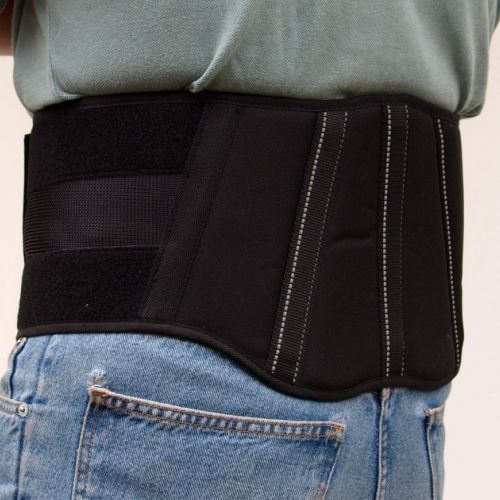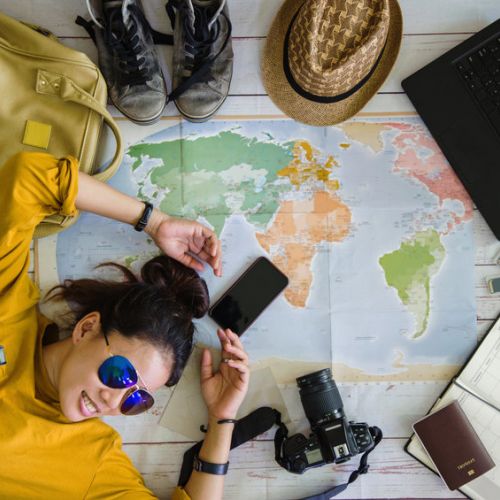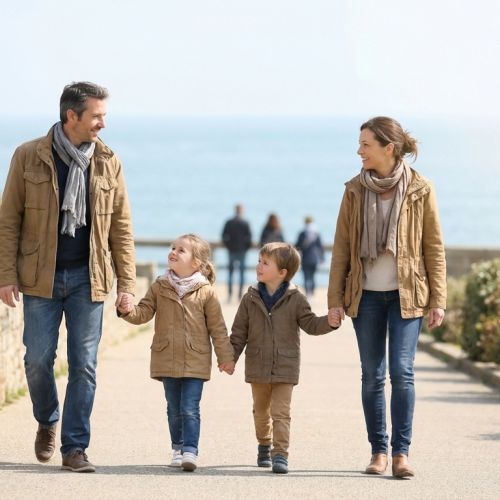The Hydroalcoholic Gel: History Of An Invention
You may not know his name... But he has invented an essential weapon in the fight against viruses like the SARS-CoV-2 coronavirus. Professor Didier Pittet, also known as 'Doctor Clean Hands', is the Swiss infectiologist who developed the hydroalcoholic gel. We propose to retrace the history of this invention.
A brilliant invention
The first wave of Covid-19 proved it: although hydroalcoholic gel is a simple mixture of alcohol, water, and glycerin, it is a valuable ally in the fight against coronavirus and all other microbes in general.
This ingenious invention, which allows you to disinfect your hands even without running water, was developed by a Swiss doctor, Professor Didier Pittet in collaboration with the pharmacist of the University Hospitals of Geneva, William Griffiths.
In the early 1990s, while specializing in infectious diseases, Didier Pittet began to take an interest in the issue of hospital infections.
It was while looking for a way to limit nosocomial diseases that he invented for the nursing staff a faster and simpler alternative to hand washing with soap and water.
The solution to a puzzle
The adventure that led to the creation of hydroalcoholic gel began in 1992. With his team at the Geneva hospital, Dr Didier Pittet was interested in diseases contracted in hospitals.
He discovered that nearly 18% of patients were victims of nosocomial diseases mainly because the nursing staff did not wash their hands enough. And the reason is simple: caregivers materially don't have the time!
To do it right, a nurse would have to wash her hands before each handling, which is about 22 times per hour. But each hand washing with antiseptic soap and water takes an average of one and a half minutes.
This method is therefore simply impossible, and in the end caregivers wash their hands nearly 40% less than they should... To solve this headache, Didier Pittet sees a solution: using alcohol, which is a powerful antiseptic, instead of soap.
With the help of William Griffiths, a pharmacist at the University Hospitals of Geneva, who is a specialist in alcoholic solutions, he developed and tested several formulas. Hydroalcoholic gel was born from this collaboration in 1995.
A life-saving gesture
Using hydroalcoholic gel in a hospital setting is faster and more convenient than a traditional hand wash. More importantly, it is almost as effective at getting rid of bacteria and viruses.
When healthcare personnel at the University Hospitals of Geneva adopt it, hospital-acquired infections drop by 7 to 8%. Didier Pittet publishes these results in an international journal and arouses the interest of hospitals around the world.
The consecration will come in 2005, when the World Health Organization decides to support the deployment of this solution through a global program called 'Clean hands save your life'.
This programme has so far been adopted by more than 191 UN member states. According to WHO estimates, campaigns encouraging hand washing and the use of hydroalcoholic gel save between 5 and 8 million lives per year, particularly in developing countries, where water is sometimes in short supply.
The Doctor's Clean Hands Crusade
For Didier Pittet, persuading the world of the usefulness of his invention was not easy. The Swiss infectious disease specialist and epidemiologist had to take up his pilgrim's staff and travel to various countries to convince people.
In the United States, he met fire marshals who said: "There is no way we are going to put alcohol against the walls in hospitals because alcohol is flammable.
The inventor of the hydroalcoholic gel also went to Riyadh in Saudi Arabia many times to obtain a fatwa authorizing the use of alcohol on the hands by Muslim caregivers.
Today, about 20,000 hospitals in 180 countries use hydro-alcohol gel. And the current health crisis could increase that number.
But Professor Didier Pittet, who works at the University Hospital of Geneva, does not earn a cent. He did not register the patent for the famous gel at the time of its development. He preferred to make the formula of this product open access and donated it to the WHO to save as many lives as possible.
The man known as 'Clean Hands Doctor' was made a Commander of the Order of the Empire (the highest honour for a foreigner) by Queen Elizabeth II of England in 2007 for his services to the prevention of healthcare-associated infections in the UK.
A new battle
About 8 million lives are saved every year thanks to the invention of Professor Didier Pittet and the coronavirus pandemic has proven the usefulness of the hydroalcoholic gel even for the general public.
Today, the infectiologist has another battle to fight against this epidemic. In particular, on June 25, 2020, he was appointed by Emmanuel Macron at the head of an independent mission to evaluate the management of the Covid-19 pandemic by the French authorities.
While France is experiencing a strong second epidemic wave, this specialist recalls that hand Hygiene and respect for physical distance are fundamental in the fight against Covid-19. 'Respecting barrier gestures is the key to getting out of it,' he recently said.

